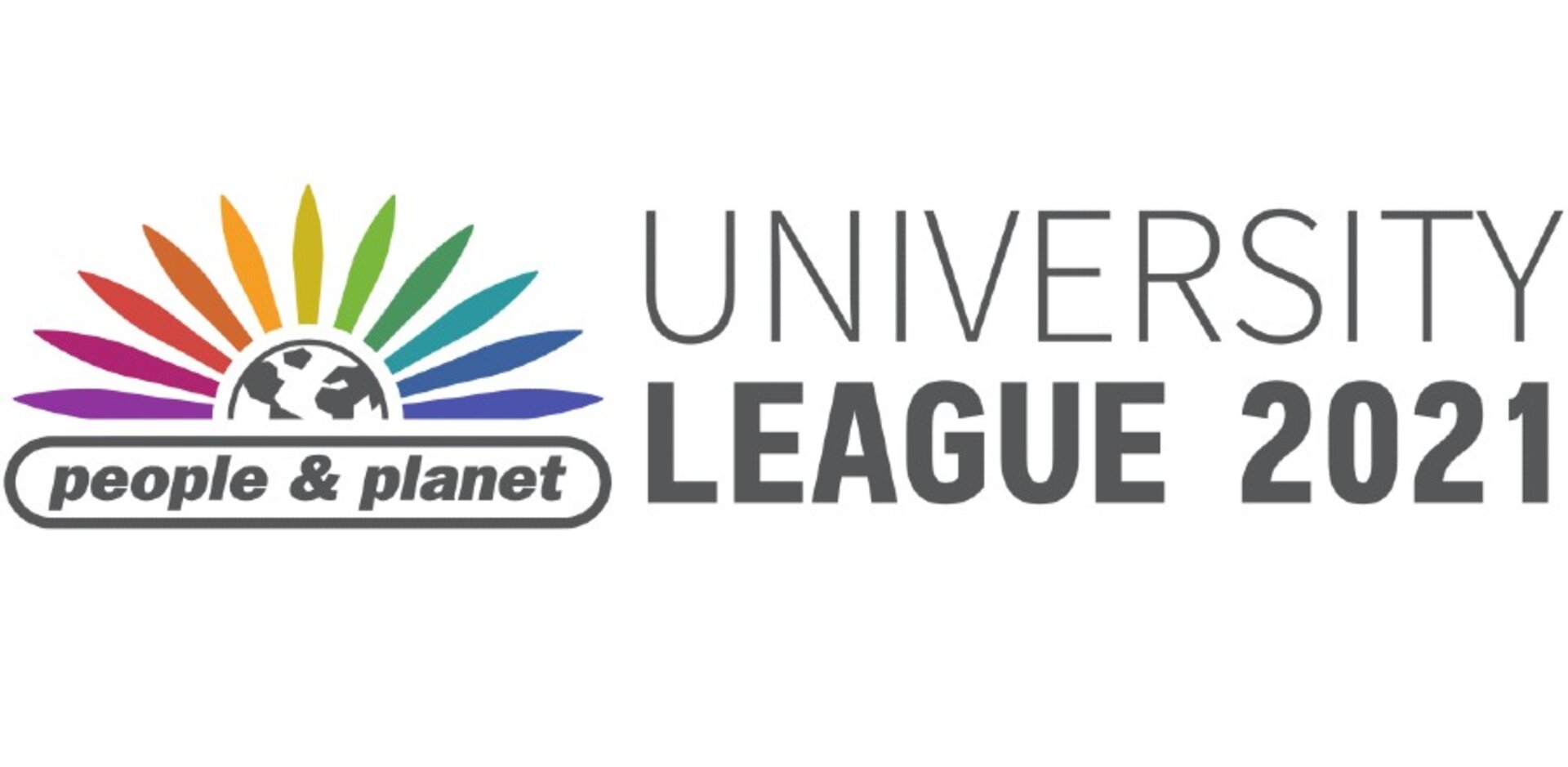Sustainability work sees GCU named Glasgow’s best

Glasgow Caledonian University (GCU) has been named the top institution in Glasgow for sustainability in the 2021 People and Planet league.
The University is also listed second in Scotland.
People & Planet is the UK's largest student campaigning network. Its annual University League is the only league table that ranks 154 UK universities on their environmental and social justice performance.
The rating is based on scores in 13 categories, including carbon reduction, energy resources, waste and recycling, sustainable food, workers' rights, ethical investment and water reduction. The criteria is scored using data collected and made public by the Higher Education Statistics Agency (HESA) and other external agencies, as well as from information available on universities' websites.
Paulo Cruz, Sustainability Officer at GCU, said: “We are pleased that, despite a difficult year for the sector, our sustainability practices continue to enable GCU to be recognised as being among the greenest universities in Scotland.”
GCU has committed to becoming carbon neutral by 2040.
We are the only university in Scotland to have our Environmental Management System (EMS) certified with an EcoCampus Platinum award. The EMS, which helps us to identify and manage risks and opportunities, is also International Standard ISO 14001 certified.
We were Scotland’s first Cycle Friendly Campus and have invested in state-of-the-art recycling facilities. We use a combined heat and power system to help reduce the University’s carbon footprint in Glasgow and we continue to send no waste to landfill.
We use the Greenhouse Gas Protocol Standards to accurately report our carbon footprint annually, including staff and student travel, procurement and energy use. In 2018-19, our emissions were 31.5% lower than in 2014-15 (the University’s baseline) and we have a clear Carbon Neutrality Plan to guide and shape our transition.
Our drive to reduce our carbon footprint has included substantial capital investment including recladding our Hamish Wood building.
In the months and years ahead, we are looking at a range of options including having a car-free campus, zero-emissions transport fleet, promoting more remote working and teaching, building carbon-negative buildings, restricting flying and travelling by train more, and increasing transnational education programmes. We have also created a SmartTravel group of student advisors to help those travelling to our campuses to walk, cycle or use largely decarbonised transport.
